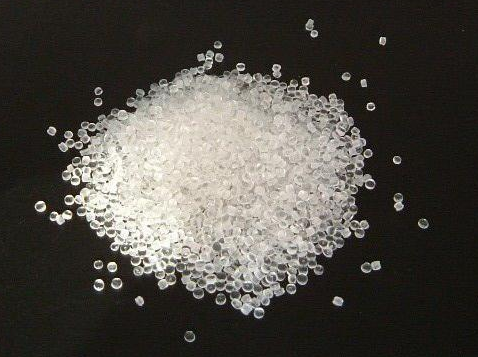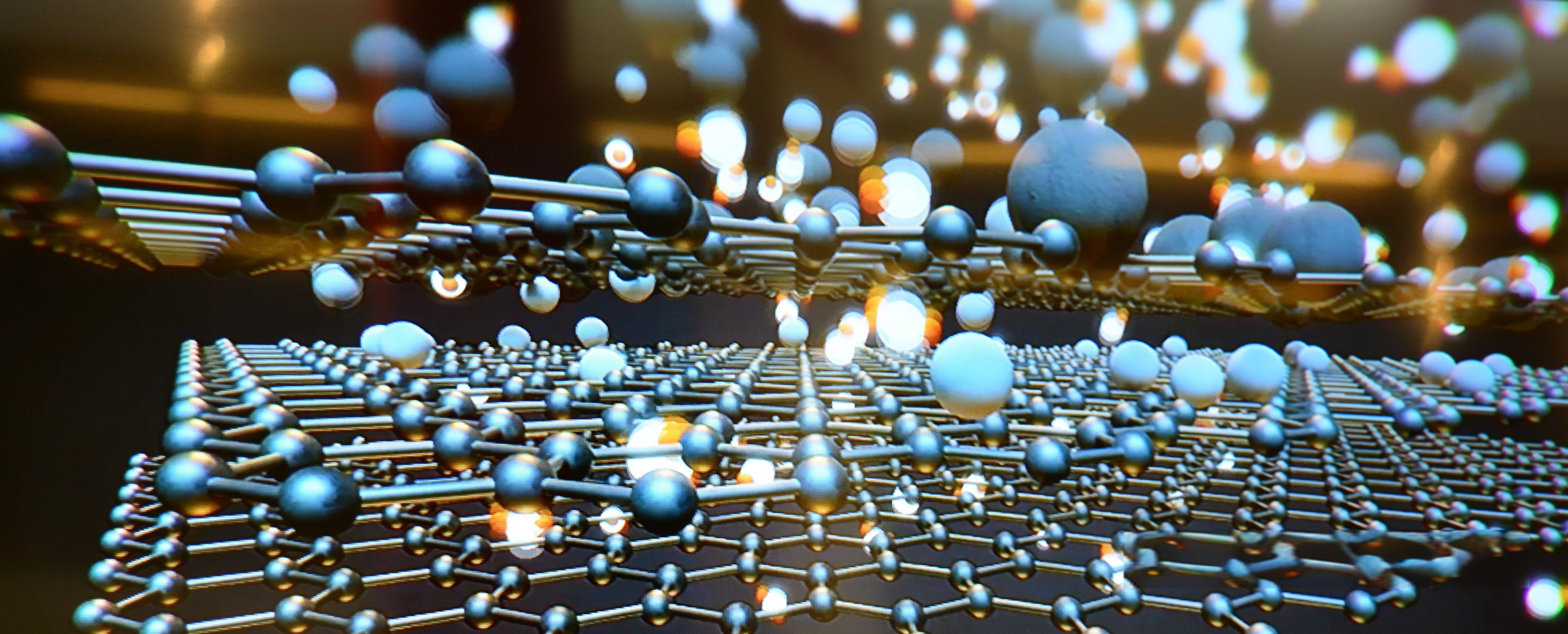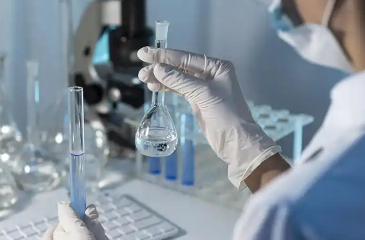How Polymeric Chain Extender Boosts Durability in Biodegradable Materials
The polymer industry has seen rapid advancements over the past few decades, especially with the growing emphasis on biodegradable plastics, recycling, and material innovation. Yet, a critical component that many overlook is the polymeric chain extender. These compounds play a pivotal role in enhancing the properties of polymers, enabling them to meet increasingly demanding industrial standards. But what exactly is a polymeric chain extender, and why is it so essential to today’s manufacturing processes?

What is a Polymeric Chain Extender?
Polymeric chain extenders are specialized reactive polymers that contain functional groups—such as epoxy groups—that interact with the polymer matrix to extend the polymer chains. By doing so, they increase the molecular weight of polymers and improve their melt strength, processability, and overall mechanical properties. This is crucial for a range of applications, from biodegradable materials like PLA (Polylactic Acid) to more conventional polymers like PET (Polyethylene Terephthalate) and PA (Polyamide).
Uni-Extra series polymeric chain extenders (such as Uni-Extra 6004, 6008, 5711, 2806) are a great example of such products. These advanced chemical solutions, developed by UniVOOK Chemical, help enhance the material properties and the processing capabilities of polycondensation polymers. Through their controlled chemical reactions with polyester, COOH, OH, and NH2 groups, these chain extenders improve the fluidity of the polymer and contribute significantly to various industrial applications.
Industrial Needs and Challenges Addressed by Polymeric Chain Extenders
The industrial applications for polymeric chain extenders are vast, with particular emphasis on the performance and processing stability of polymers. In many instances, the introduction of chain extenders into the polymer matrix can resolve complex challenges, such as:
Improving Polymer Melt Strength and Processability
For industries that rely on the molding, extrusion, and spinning of polymers, it’s critical to maintain high melt strength. Materials like PLA (Polylactic Acid) or PET, commonly used in the production of films, bottles, and fibers, can struggle with processing at high temperatures due to poor melt strength. Polymeric chain extenders, like those from the Uni-Extra series, enhance the molecular weight of these polymers, thereby increasing their melt strength and improving the overall processability. This makes manufacturing more efficient and reduces waste.
Enhancing the Durability of Biodegradable Polymers
As the demand for biodegradable materials grows, the need for better-performing bioplastics becomes more pressing. Polymers like PLA, PHA (Polyhydroxyalkanoates), PBAT (Polybutylene Adipate Terephthalate), and PCL (Polycaprolactone) are often subject to hydrolysis, which can lead to molecular degradation and loss of mechanical properties over time. By adding polymeric chain extenders, manufacturers can help mitigate these issues, increasing the polymer’s resistance to hydrolysis, improving its longevity, and expanding its applications.

Reducing Hydrolysis in Processing
Hydrolysis is a significant concern when processing certain polymers, especially in the case of biodegradable plastics. As water molecules react with polymer chains, they break them down, reducing molecular weight and weakening material properties. PLA is particularly susceptible to this process, leading to a decrease in product performance. However, chain extenders effectively reduce the occurrence of hydrolysis by strengthening the polymer chains and minimizing the presence of hydrolysis-sensitive groups, such as -COOH and -OH. This improves the durability and stability of the material during processing and use.
The Growing Demand for Polymeric Chain Extenders
As industries continue to evolve, so too does the demand for more sophisticated polymer solutions. The global market for polymeric chain extenders has grown significantly in recent years, driven by several key trends:
The Surge in Biodegradable Plastics
With rising environmental concerns, many manufacturers are shifting towards sustainable alternatives to traditional plastics. Biodegradable plastics, particularly PLA and its counterparts, are experiencing increased demand in packaging, textiles, and medical industries. Polymeric chain extenders play an essential role in these applications by improving the strength and durability of these materials, allowing them to compete with conventional plastics in terms of both performance and processing efficiency.
The Push for Recycled Plastics
Another major trend is the increased focus on plastic recycling. As part of efforts to combat plastic waste, there’s growing interest in using recycled plastics in production. However, recycled materials often suffer from degraded molecular weight and reduced performance. Chain extenders offer a solution by re-coupling degraded molecular chains during processing, effectively restoring or even surpassing the original properties of the recycled plastic. This not only helps to reduce environmental impact but also increases the potential for high-performance applications using recycled content.
Advances in Polymer Processing Technologies
Advancements in polymer processing technologies, such as injection molding, blow molding, and extrusion, have also driven the need for chain extenders. As manufacturers seek to increase production efficiency and optimize material properties, chain extenders can significantly improve melt strength, viscosity, and processing stability, which are crucial for high-quality end products.
Market Trends in Polymeric Chain Extender Usage
Versatility in Applications
Polymeric chain extenders are used in a wide variety of applications, ranging from the production of biodegradable plastics to the enhancement of traditional engineering plastics. The The Uni-Extra series, for example, is highly versatile, with applications in sheet extrusion, film blowing, bottle blowing, spinning, and other molding processes. This adaptability ensures that polymeric chain extenders are suitable for both high-performance applications (like engineering plastics) and more sustainable materials (such as biodegradable polymers).
Customization for Specific Requirements
As industries grow more specialized, the demand for tailored solutions becomes stronger. UniVOOK Chemical, a leading supplier of polymeric chain extenders, emphasizes custom manufacturing services to meet the specific needs of its clients. This ability to customize products ensures that manufacturers can achieve the ideal balance of material properties and performance characteristics for their applications.
Technological Advancements and Innovation
The polymer industry is heavily focused on research and development to create more efficient, eco-friendly, and durable materials. Polymeric chain extenders are no exception. Companies like UniVOOK Chemical invest in R&D to continually improve their products, incorporating cutting-edge technologies to meet the evolving needs of various industries. This innovation is helping to drive new opportunities in sectors such as electronics, packaging, automotive, and medical devices.
Applications of Polymeric Chain Extenders in Key Industries
Polymeric chain extenders are used in a diverse range of industries, providing enhanced properties and performance for various types of polymers. Some of the primary applications include:
Biodegradable Materials
Biodegradable plastics, such as PLA, PHA, and PBAT, are becoming more common in eco-conscious industries, especially packaging and agriculture. Polymeric chain extenders help improve the processing and mechanical properties of these materials, enhancing their melt strength and reducing the impact of hydrolysis, which can lead to premature degradation.

Engineering Plastics
In industries where high-performance materials are essential, such as automotive and electronics, chain extenders help improve the tensile strength, heat resistance, and overall durability of engineering plastics like PET, PA, and PBT. These improvements ensure that the materials can meet the rigorous demands of modern production processes.
Recycled Plastics
As the push for recycling continues, chain extenders are playing an important role in reconditioning and enhancing recycled plastics. By improving the molecular weight and performance of recycled materials, chain extenders help reduce the need for virgin plastic, supporting sustainable manufacturing practices.
Conclusion
The polymeric chain extender market is poised for significant growth as industries increasingly prioritize sustainability, performance, and efficiency. As a versatile solution, polymeric chain extenders, like those offered by UniVOOK Chemical, help enhance the properties of both biodegradable and conventional polymers, improving melt strength, processability, and long-term performance. In an ever-evolving landscape, these products are crucial for meeting the demands of industries ranging from packaging to automotive, and their impact will only continue to grow as new technological advancements emerge.
For companies looking to stay ahead of the curve, understanding and utilizing the potential of polymeric chain extenders is key to achieving sustainable growth and maintaining a competitive edge in a rapidly changing market.
Access Our Product Catalog and More to Discover High-Performance Chemicals Tailored to Your Business Needs




